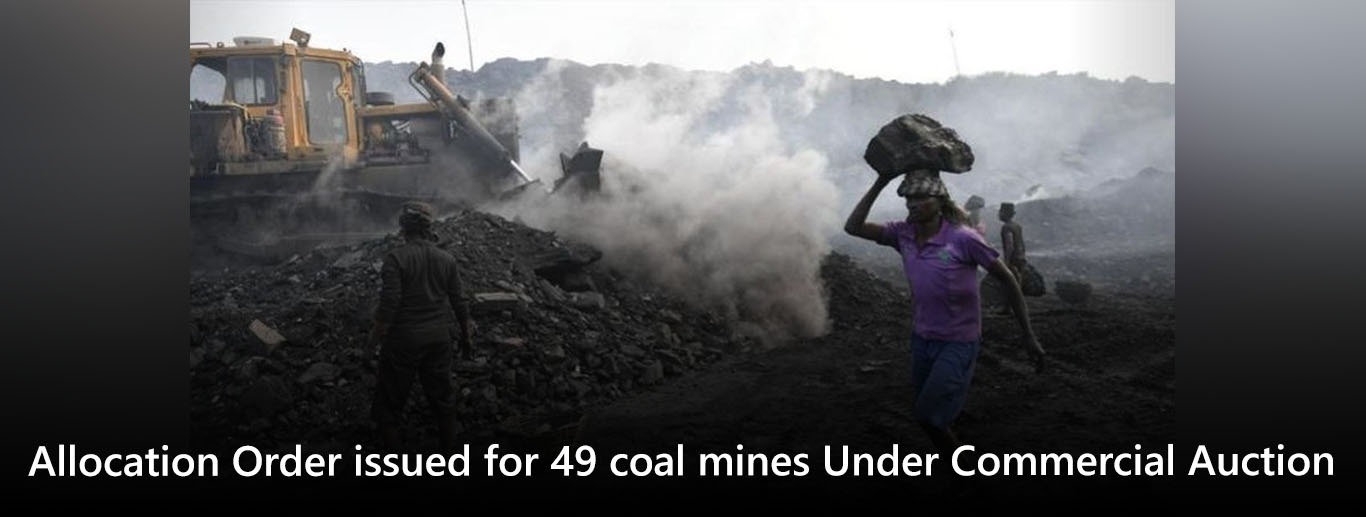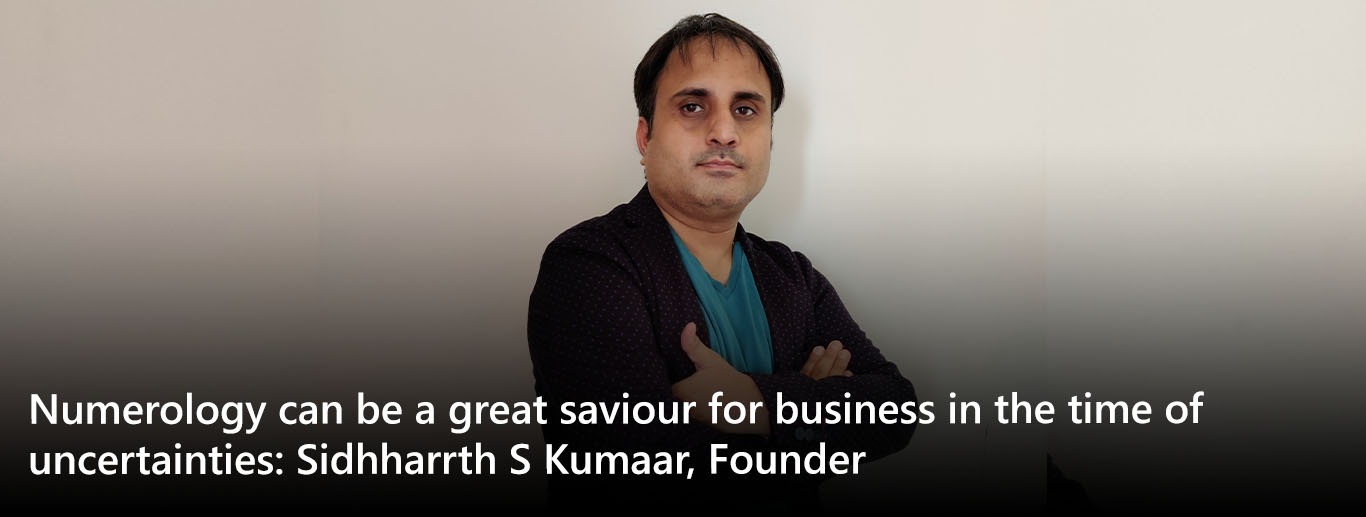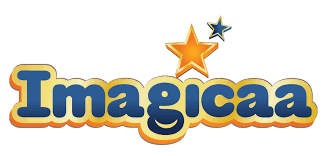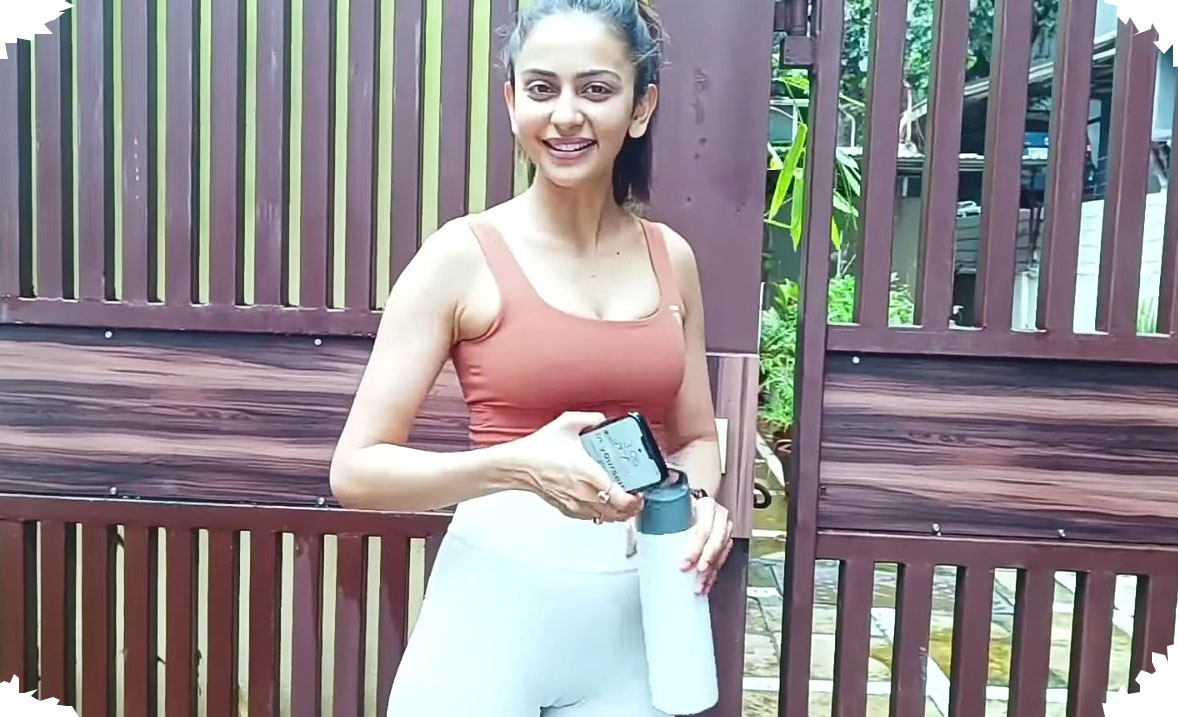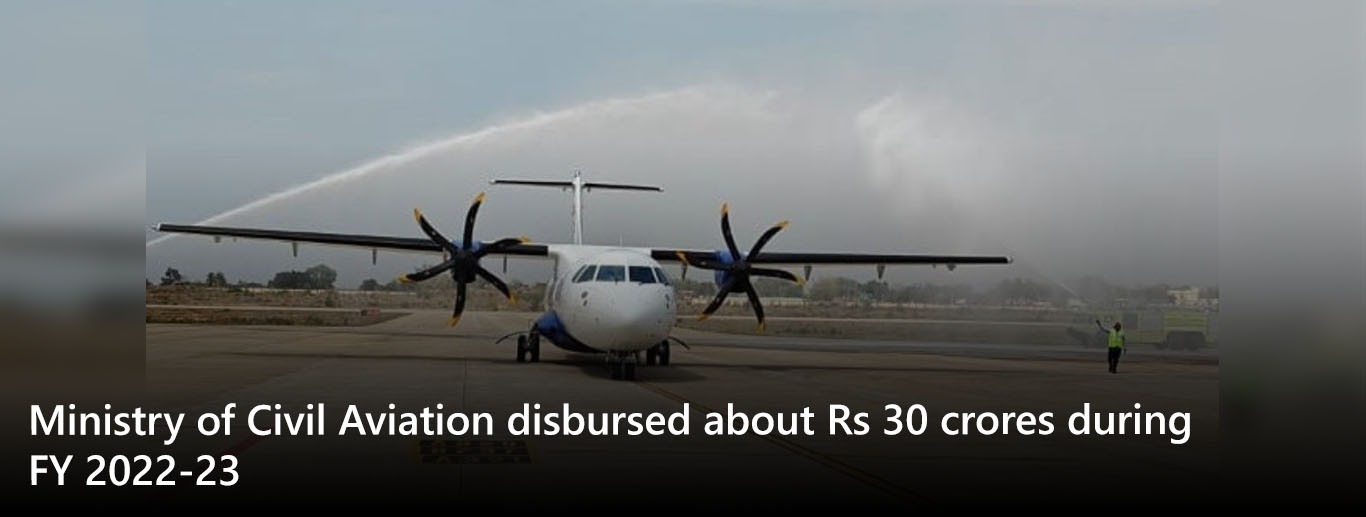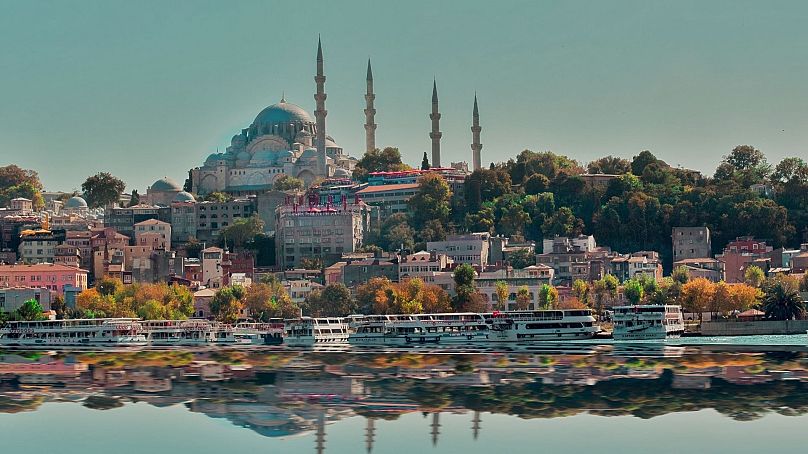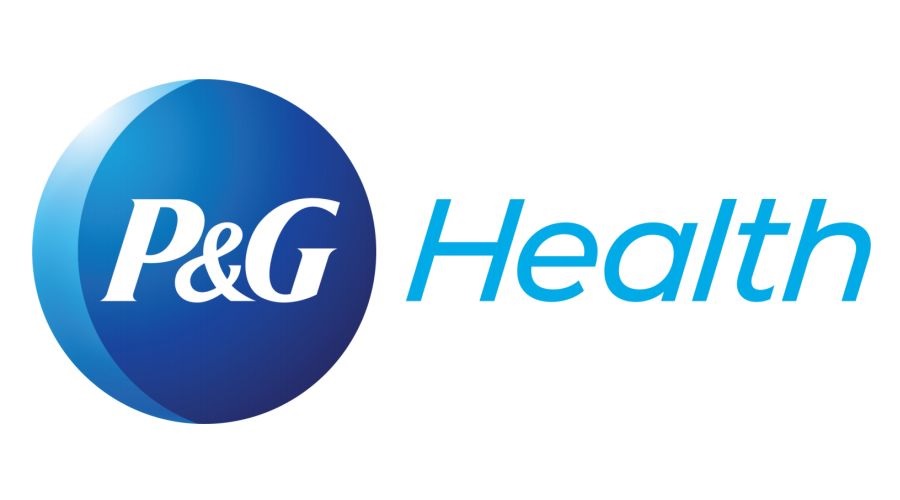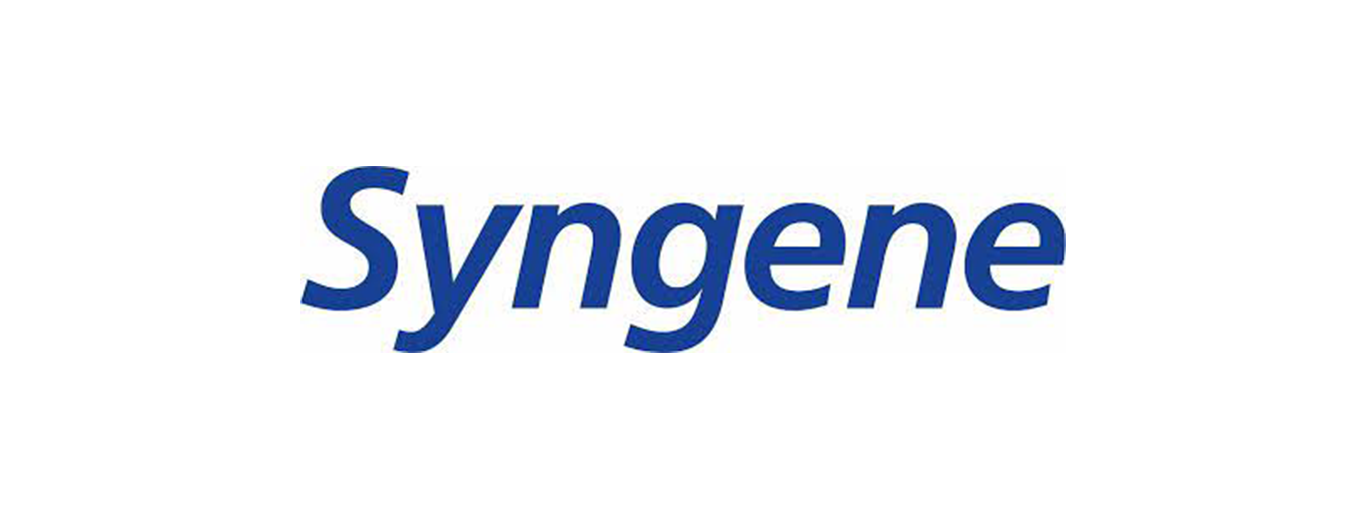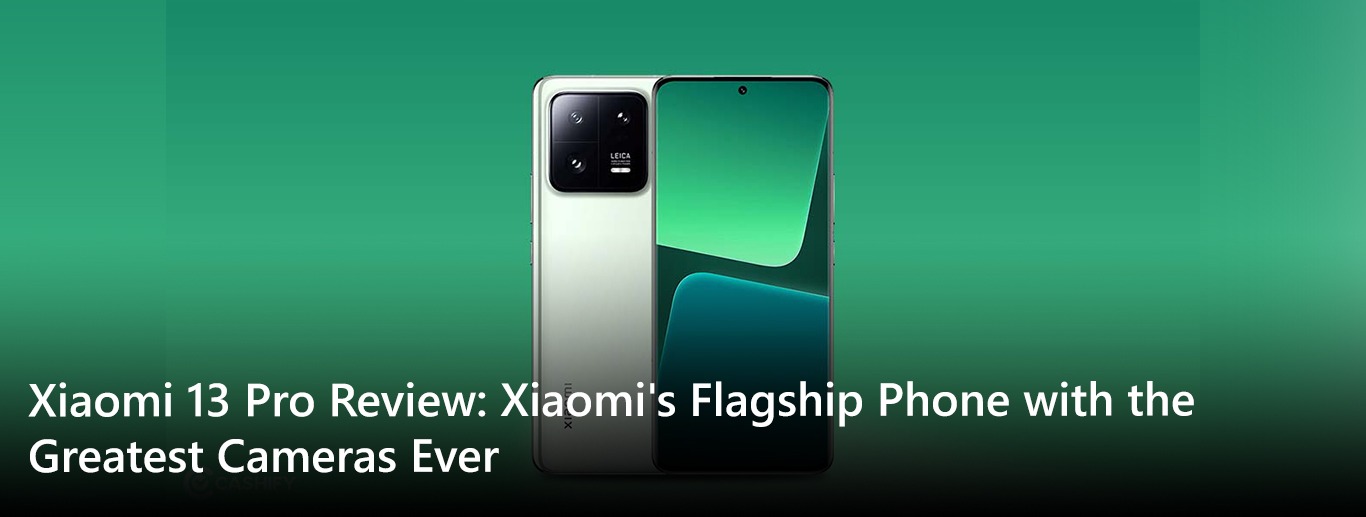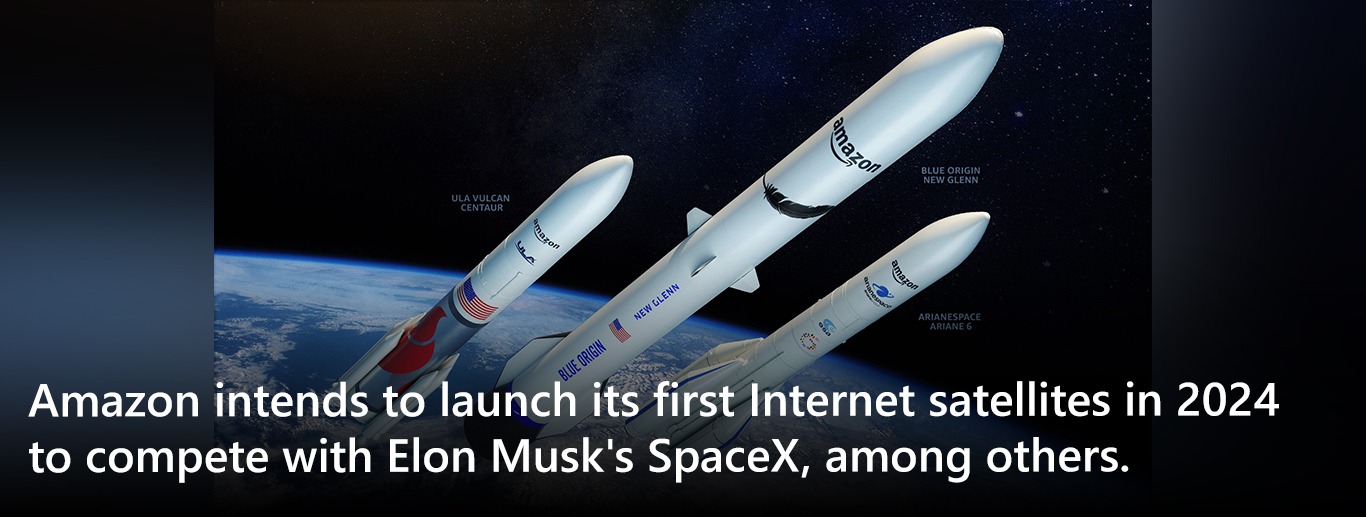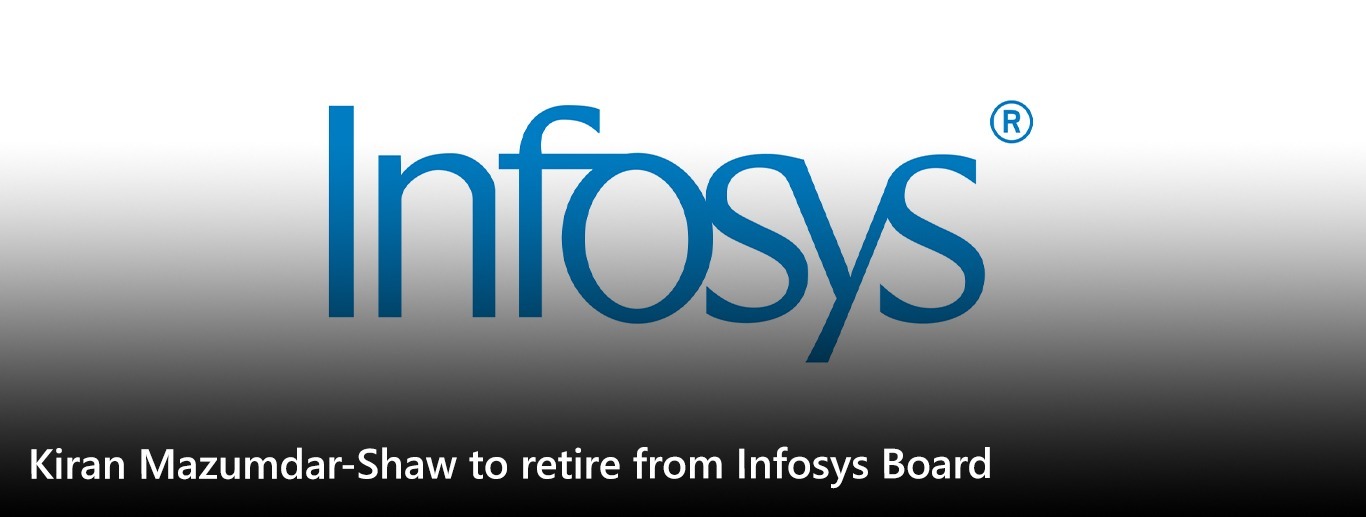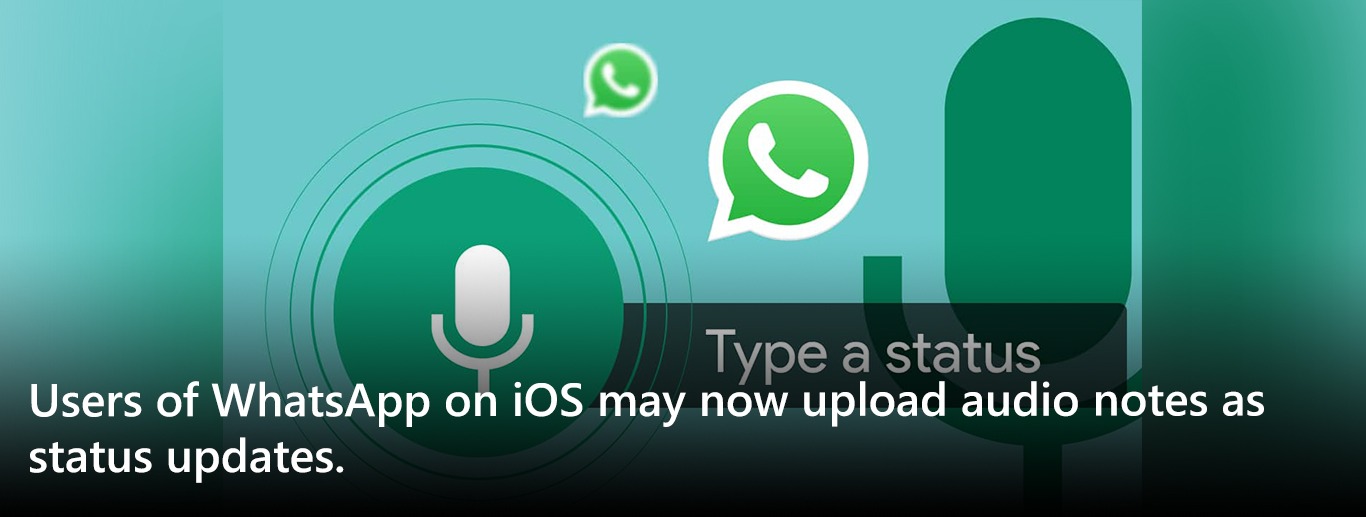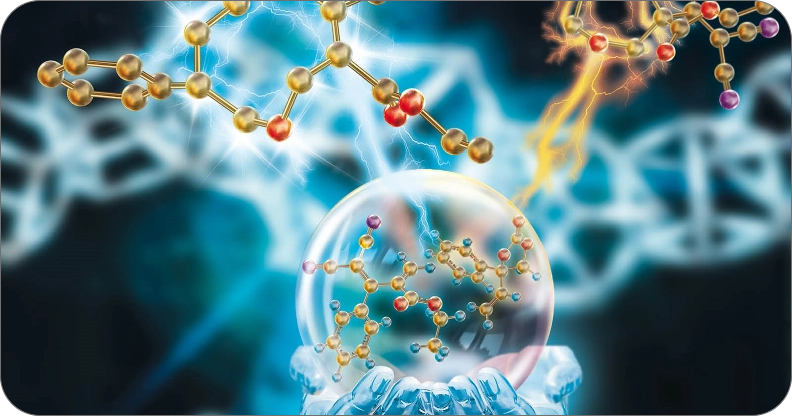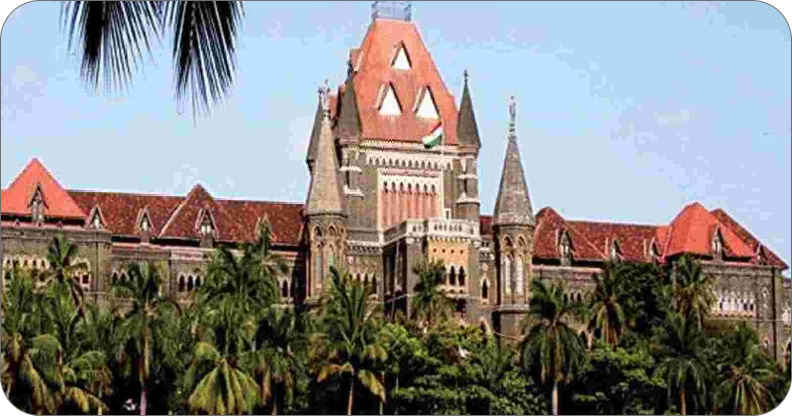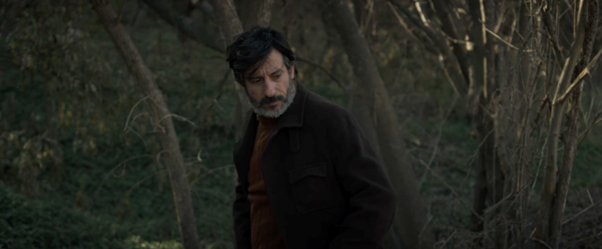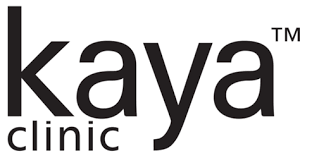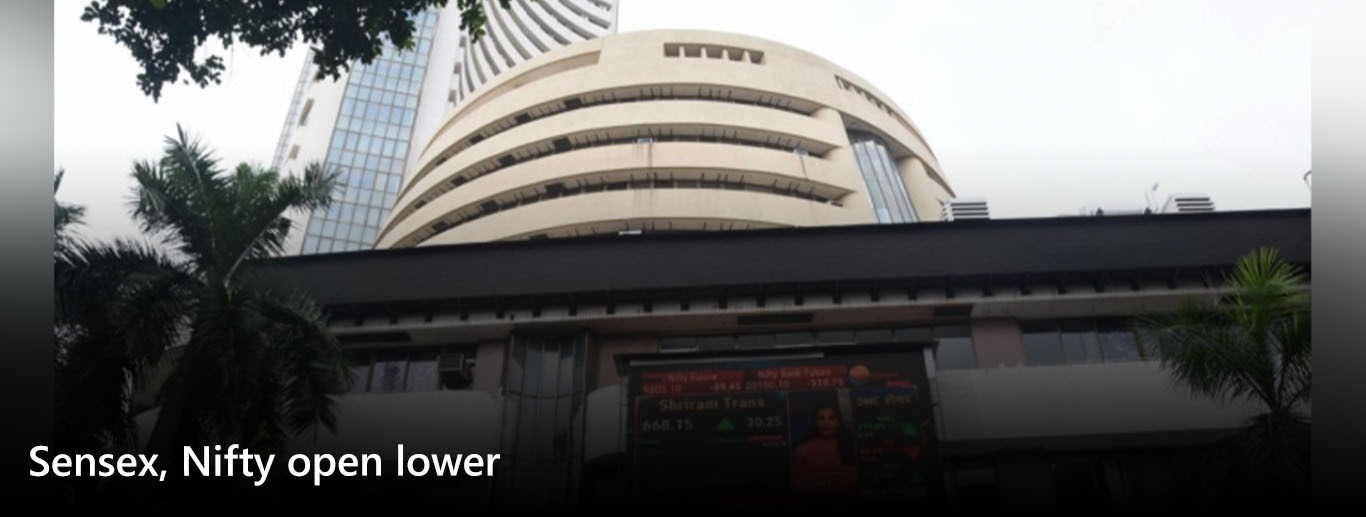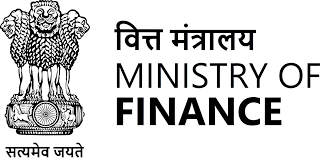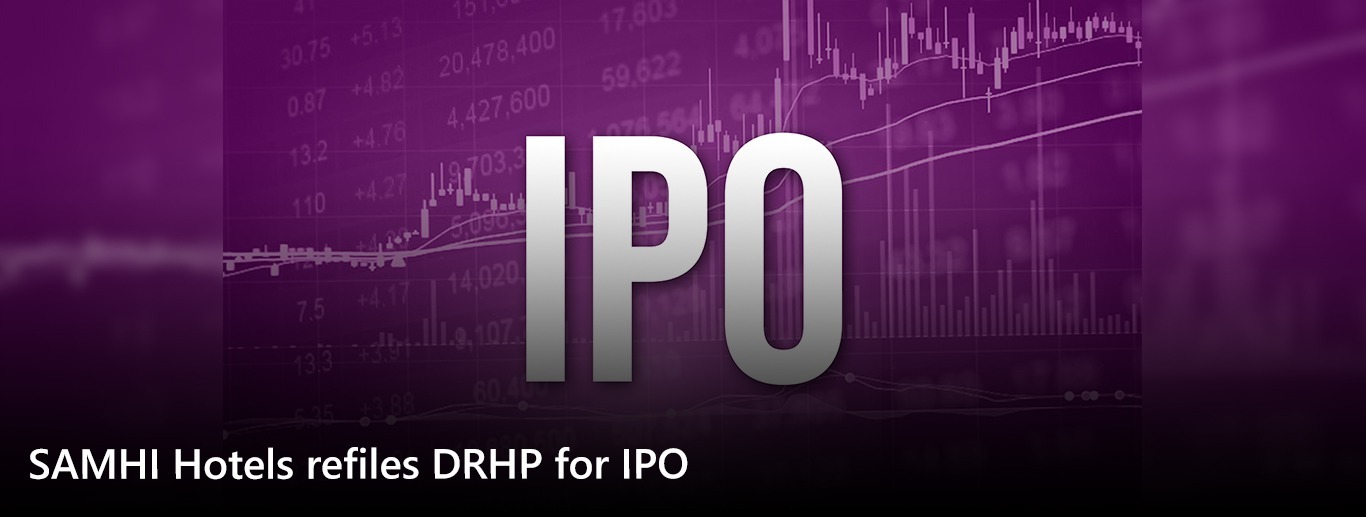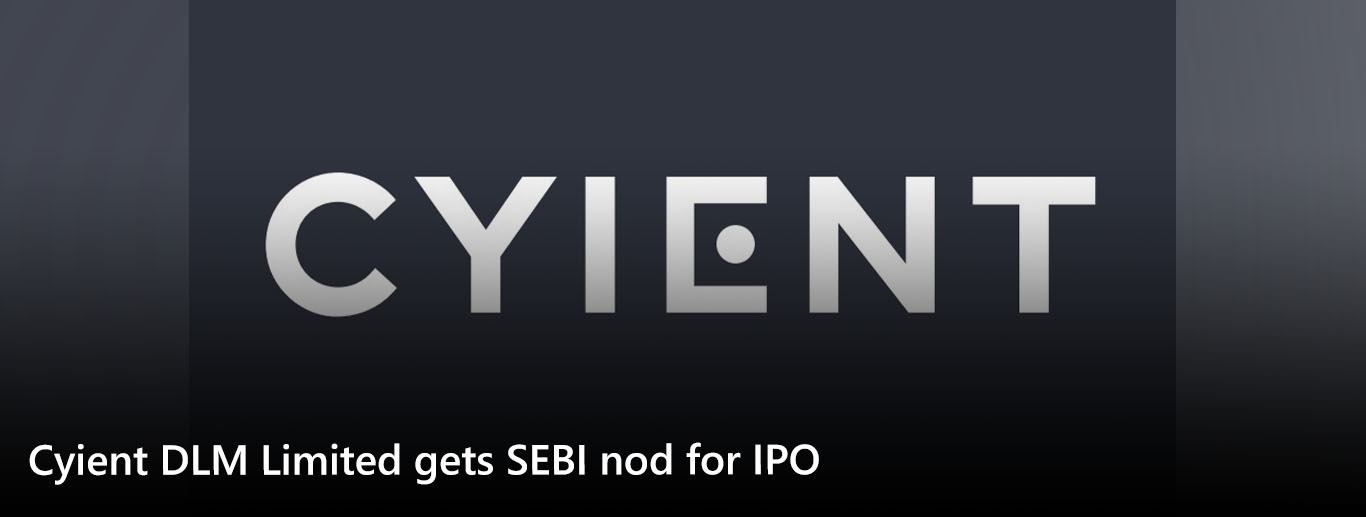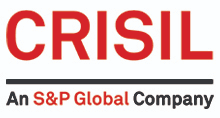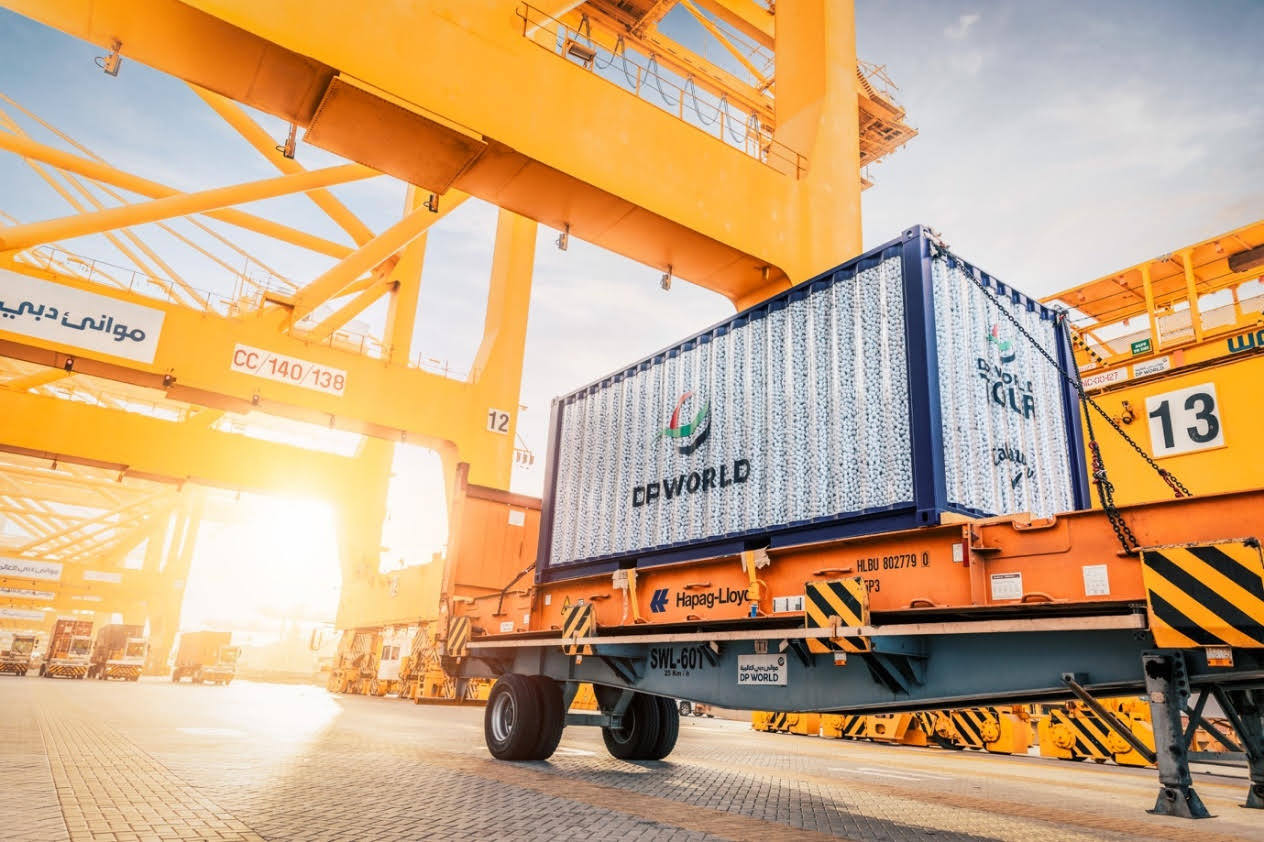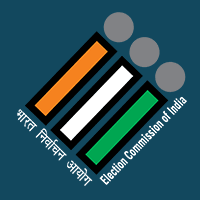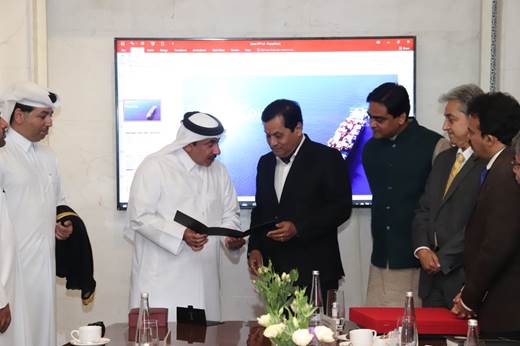UPDATE
March 28, 2024
QP Pharmachem denies contamination charge, says WHO tested 'expired' cough syrup samples
QP Pharmachem Ltd has said that the samples of its cough syrup which were found to be contaminated by the World Health Organisation (WHO) were "expired".
"WHO has tested expired samples of our products without keeping us in the loop," Sudhir Pathak, the managing director of the Punjab-based pharmaceutical company, told CNBC TV-18.
Earlier in the day, the WHO said contaminated cough syrup made by the company were found in the Marshall Islands and Micronesia, located in the Western Pacific.
The WHO statement did not say whether any person in the Marshall Islands or Micronesia had fallen sick due to the cough syrup.
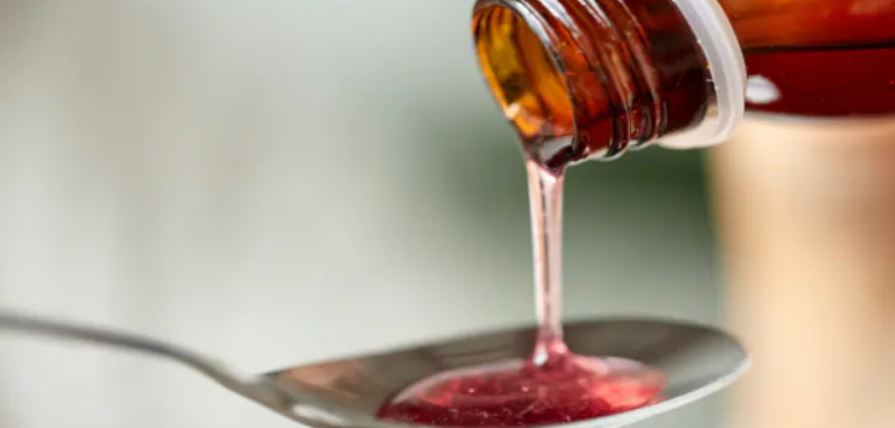
QP Pharmachem Ltd has said that the samples of its cough syrup which were found to be contaminated by the World Health Organisation (WHO) were "expired".
But it said samples from a batch of imported cough syrup, with the product name Guaifenesin syrup TG syrup, was contaminated with unacceptable amounts of diethylene glycol and ethylene glycol, which are toxic to humans when consumed and can prove fatal.
The stated manufacturer of the medicines was QP Pharmachem, and the marketer of the product was Trillium Pharma, which is based Haryana state, the WHO noted. Samples from the suspect batch were analysed after being reported to WHO on April 6, it added.
Pathak told CNBC TV-18 that the company's shipment of syrup was dispatched in 2020 to Cambodia, and not to Australia. The results of the test conducted by WHO "hold no validity as the product samples expired long back", he added.
The company has taken "utmost care and precaution" and "there is no question of contamination". The syrup was also distributed in India, he said, adding that no complaints had been received so far.
The QP Pharmachem MD further noted that the Punjab government's Food And Drug Administration (FDA) department, and the Drugs Controller General of India (DCGI) have collected the cough syrup's sample for tests.
The test results are currently awaited, Pathak said, but added that "we are confident of coming out clean on quality of our syrups".
The case has come up at a time when the WHO has doubled down on its efforts to detect and eliminate contaminated medicines.
In January, the the global health body had called for immediate action to protect children from contaminated medicines after a spate of child deaths linked to cough syrups last year.
In 2022, more than 300 children – mainly aged under 5 – in Gambia, Indonesia and Uzbekistan died of acute kidney injury, in deaths that were associated with contaminated medicines.
With Reuters inputs

